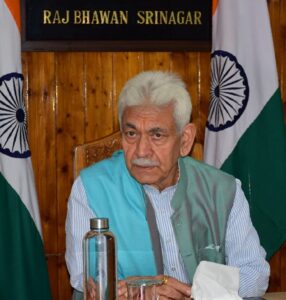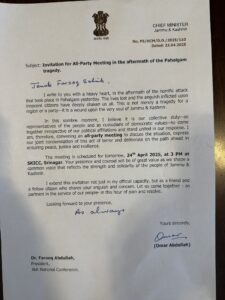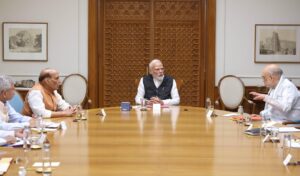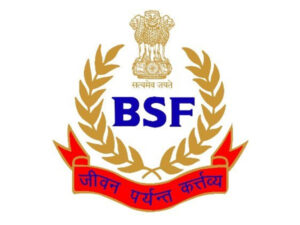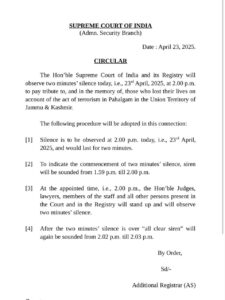Excise case: Delhi HC notice to ED on Vijay Nair’s bail plea
New Delhi [India], April 12 (ANI): The Delhi High Court on Wednesday issued notice to the Enforcement Directorate (ED) on the bail plea of former Aam Aadmi Party (AAP) communications incharge Vijay Nair in the money laundering case involving the Delhi Government’s new excise policy (now scrapped).
In his bail plea, Vijay Nair said he was being victimised on account of his political affiliation and there was no merit in the FIR or ostensibly the Enforcement Case Information Report (ECIR) being investigated by the Central Bureau of Investigation (CBI) and ED.
The bench of Justice Dinesh Kumar Sharma on Wednesday issued notice to ED and listed the matter for May 19, 2023.
In his bail plea, Vijay Nair said the allegations against him were wrongful, false and without any basis and on the basis of such superfluous allegations, the Petitioner’s liberty ought not to be encroached upon by the Respondent. “The Petitioner is liable to be enlarged on bail and his constitutionally protected freedom of liberty be protected by this Court,” he plea said.
In February, his bail was denied by the trial Court alongwith others. While rejecting the bail plea, the Rouse Avenue Court observed that none of the applicants/accused deserved to be released on bail in this case at this stage of proceedings as the allegations made against them were quite serious and related to the commission of an economic offence of money-laundering defined by Section 3 and made punishable by Section 4 of the Prevention of Money Laundering Act, 2002 (PMLA). Hence, their bail applications were dismissed.
South-based businessmen Binoy Babu and Abhishek Boinpally already moved bail petitions in Delhi High Court.
The ED in its second chargesheet in the liquor policy case had named Vijay Nair, Sharath Reddy, Binoy Babu, Abhishek Boinpally, Amit Arora and seven companies.
Nair and Boinpally were granted bail by the trial in the CBI case in relation to the excise case, earlier. Later the CBI challenged the trial court order in the Delhi High Court, which is presently under consideration by the same bench.
Former Delhi Deputy Chief Minister Manish Sisodia was also arrested by the CBI and ED in a case of alleged irregularities in the framing and implementation of the excise policy of the Delhi government.
Sisodia was arrested by the CBI on February 26, 2023 and by ED on March 9, 2023.
The trial court while denying bail to Sisodia in the CBI case recently said the allegations made against Sisodia were serious in nature and he did not deserve to be released on bail as he was arrested in this case only on February 26, 2023.
According to the CBI, Sisodia had played the most important and vital role in the criminal conspiracy and he had been deeply involved in the formulation as well as the implementation of the said policy to ensure the achievement of the objectives of the said conspiracy.
The payment of advance kickbacks of around Rs 90-100 crore was meant for him and his other colleagues in the Delhi government and Rs 20-30 crore out of the above are found to have been routed through the co-accused Vijay Nair, Abhishek Boinpally and approver Dinesh Arora and in turn, certain provisions of the excise policy were permitted to be tweaked and manipulated by the applicant to protect and preserve the interests of South liquor lobby and to ensure repayment of the kickbacks to the said lobby, stated CBI.
The evidence collected so far clearly showed that the applicant through the co-accused Vijay Nair was in contact with the South lobby and formulation of a favourable policy for them was being ensured at every cost and a cartel was permitted to be formed to achieve a monopoly in sales of certain liquor brands of favoured manufacturers and it was permitted to be done against very objectives of the policy, CBI said.
In the case, the ED and the CBI had alleged that irregularities were committed while modifying the Excise Policy, undue favours were extended to licence holders, the licence fee was waived or reduced and the L-1 licence was extended without the competent authority’s approval. The beneficiaries diverted “illegal” gains to the accused officials and made false entries in their books of account to evade detection.

